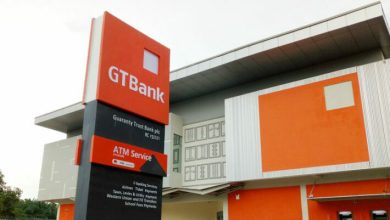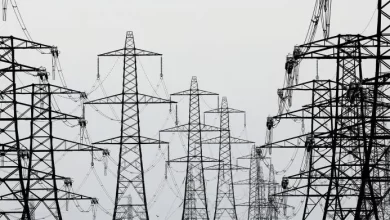KW-IRS rakes in N19.6bn in 2020

By Mike Adeyemi
The Kwara State Internal Revenue Service (KW-IRS) has announced a total sum of N19.6 billion as the Internally Generated Revenue for 2020.
This was disclosed in a press statement signed by the KWIRS Executive Chairman, Mrs Shade Omoniyi on Saturday and made available to journalists in Ilorin, the Kwara State capital.
The statement reads “the year 2020, in spite of the imbalances created by the Covid-19 pandemic, was remarkably progressive for Kwara State Internal Revenue Service (KW-IRS) as it generated a sum of N6,227,099,973.42 (Six Billion, Two Hundred and Twenty Seven Million, Ninety Nine Thousand, Nine Hundred and Seventy Three Naira, Forty Two Kobo) in the fourth quarter of the year.
Month KW-IRS IGR Collections (N)
October 2,765,485,579.54
November 1,287,202,252.78
December 2,183,412,141.10
Total 6,227,099,973.42
A breakdown of the revenue generated monthly in Q4 2020 is presented below:
The Service had a remarkable Q1 before the COVID-19 pandemic took full effect on the economy. Due to the lack of physical contacts with some taxpayers for collections as well as the lockdown, there was a huge dip in revenue generated in Q2 2020 which extended into Q3 2020. By the last quarter of 2020, there was a substantial recovery from the crippling effect of the pandemic on businesses and Internally Generated Revenue (IGR).
For the entire year 2020, KW-IRS recorded a total revenue of N19, 623,992,033.64 which was 75.48% of the N25, 997,573,296.00 revised annual budget.
The year 2020 was marked with quick implementation of various measures to cushion the effects of the pandemic on taxpayers, which included the donation of palliatives, extension of the deadline for filing Annual Returns from 31st March to 30th September, 2020, 30% waiver on arrears on ground rent and land charge for property owners and land occupiers, granting of moratorium to informal sector taxpayers, suspension of all enforcement activities, waiver of penalty and interest for High Net Worth Individuals (HNIs) and Corporate Organisations and over 30 Community Impact Programmes (CIPs).”





